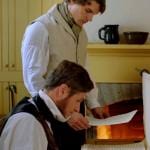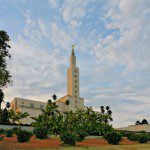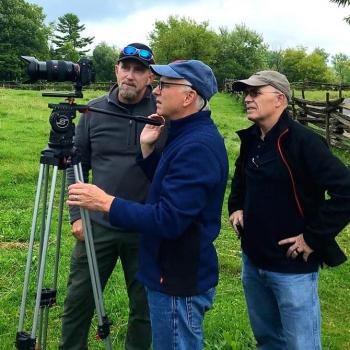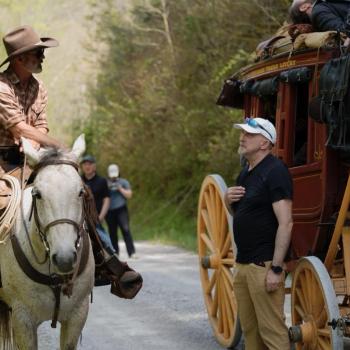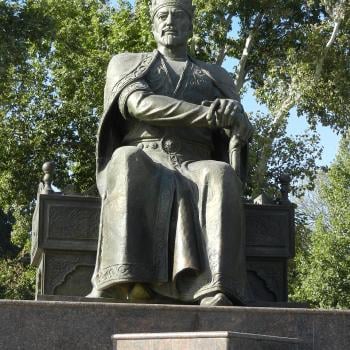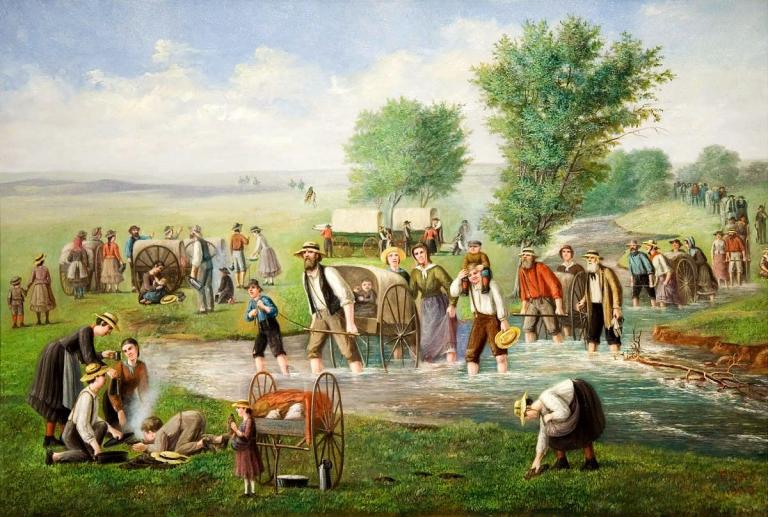
(Wikimedia Commons public domain image)
Utahns and members of the Church of Jesus Christ of Latter-day Saints will be aware of the fact that today, 24 July, is Pioneer Day. It commemorates the 1847 entry into the Valley of the Great Salt Lake of Brigham Young and the vanguard company of the “Mormon pioneers.” Not coincidentally, the Interpreter Foundation released the trailer for its forthcoming theatrical film Six Days in August today, on Pioneer Day. I hope that you will enjoy it and that, if you feel so inclined, you will share it with others: “Six Days in August Trailer Final HD”
In other (very appropriate) Pioneer Day news — this time out of Paris, France — Salt Lake City and Utah were officially named as the hosts for the 2034 Winter Olympics. (See a reflection on that possibility at “A great opportunity is on the way.”)
In that connection, I commend to you an interesting and very relevant article about Salt Lake City’s successful prior experience with hosting the Winter Olympics, back in 2002. Written by J. B. Haws, it appeared in An Eye of Faith: Essays in Honor of Richard O. Cowan, edited by Kenneth L. Alford and Richard E. Bennett. It is entitled “Why the “Mormon Olympics” Didn’t Happen.”
To which I append the following passage, from the King James Version’s rendering of the fourth chapter of the book of Micah, that I have always found deeply inspiring:
4 But in the last days it shall come to pass, that the mountain of the house of the Lord shall be established in the top of the mountains, and it shall be exalted above the hills; and people shall flow unto it.
2 And many nations shall come, and say, Come, and let us go up to the mountain of the Lord, and to the house of the God of Jacob; and he will teach us of his ways, and we will walk in his paths: for the law shall go forth of Zion, and the word of the Lord from Jerusalem.
3 And he shall judge among many people, and rebuke strong nations afar off; and they shall beat their swords into plowshares, and their spears into pruninghooks: nation shall not lift up a sword against nation, neither shall they learn war any more.
4 But they shall sit every man under his vine and under his fig tree; and none shall make them afraid: for the mouth of the Lord of hosts hath spoken it.
5 For all people will walk every one in the name of his god, and we will walk in the name of the Lord our God for ever and ever.
Please notice that last verse, the fifth, which is congruent — at the least — with a policy of not proselyting during the Olympic Games.
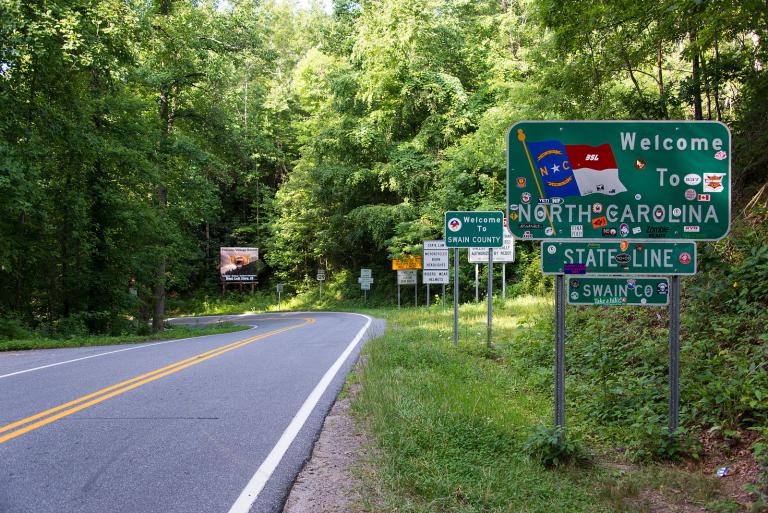
Many years ago, there was a period when my speaking engagements on behalf of the old FARMS — the Foundation for Ancient Research and Mormon Studies — got a bit out of hand. I was being sent out at least once a month, often to one of the two American coasts and, once or twice, first to one coast and then immediately, on the same weekend, to the other coast, to speak to sometimes rather small groups. It was wreaking havoc with my family and with my personal academic work.
On one such occasion, the father of the woman who had organized a fireside in a middle-sized eastern city at which I was to speak picked me up at the local airport. As it happened, she wasn’t even in town, the fireside had received virtually no publicity (and only about thirty people showed up when it happened), and her father plainly resented being obliged to take time to deal with me. (It was right after this trip that I finally put my foot down. I didn’t want to be a prima donna, I said, but I was also tired of flying across the continent sometimes twice a month in order to speak to only politely-interested groups of two or three dozen dutiful Latter-day Saints.)
Anyway, the fellow who fetched me at the airport was distinctly sullen about having to do so as we drove the considerable distance to where I would be staying. But I’ve always remembered that drive quite positively. Why? Because, for some reason or another, the topic of near-death experiences came up. (I can’t for the life of me remember how or why.)
I’ve had one of those, he said. I replied, Tell me about it!
Here’s a paraphrase of his account:
Once, in his late teens, he was driving at night along one of the densely forested rural roads in that eastern state. Suddenly, without warning, he was t-boned at an intersection and found himself floating a least a hundred feet above the accident, looking down on the two vehicles.
From his vantage point above the tree tops, he saw the flashing lights of police cars and an ambulance coming from a distance toward the scene of the accident. He watched as the medics worked on his body, trying to revive him. He tried to tell them not to worry, that he felt perfectly fine — better, in fact, than he could ever remember feeling before. But he couldn’t make himself seen or heard. Then, without warning, he felt himself reenter his body and, he recalled, “it hurt like hell.”
That story has stayed with me for years. It’s astonishing how often, when the subject of near-death experiences comes up, someone in the group will say that she or somebody close to her has had one. They are far from rare.
Anyway, with that as a lengthy preface, you’ll understand why I was struck by this story when I read it some years ago:
A young man lost control of his car during an evening snow storm. He crashed and left his body as icy-cold water began to flow into the vehicle he had been driving.
I saw the ambulance coming, and I saw the people trying to help me, get me out of the car and to the hospital. At that time I was no longer in my body. I had left my body. I was probably a hundred or two hundred feet up and to the south of the accident, and I felt the warmth and the kindness of the people trying to help me.
(Reported in Nancy Evans Bush, Dancing Past the Dark: Distressing Near-Death Experiences [n.p.: Nancy Evans Bush, 2012].)
Posted from Newport Beach, California


